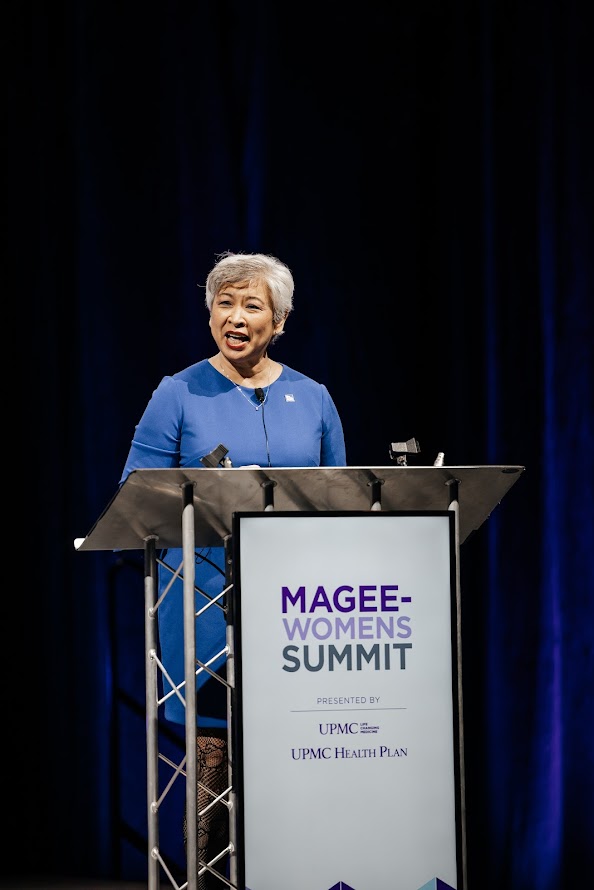At 10 p.m. on April 20, 2010, an explosion rocked the Deepwater Horizon oil well drilling off the coast of Louisiana, killing 11 workers and injuring 17 others. As flames engulfed the drilling rig platform, the blowout preventer, a device intended to stop the release of crude oil, failed to activate. Within days, a five-mile-long oil slick blackened the waters. In total, the collapse of the drilling platform leaked 206 million gallons of crude oil into the Gulf of Mexico, enough to fill over 279 Olympic-sized swimming pools, and made it the largest marine oil spill in U.S. history.
The combination of crude oil, millions of gallons of chemical dispersants used to clean up the spill and by-products from controlled burns to help remove surface oil released harmful pollutants into the air and sea. Eating contaminated seafood and breathing polluted air posed a potential threat to the health of people living in the U.S. Gulf Coast, communities that are particularly vulnerable to the impacts of the oil spill as they have faced historic health disparities, environmental health threats, such as poor air quality from industrial activity, and recurrent natural disasters.
To understand the impact of exposure to pollutants and other environmental stressors on communities, local data and community engagement are key, according to Dr. Maureen Lichtveld, dean of the Graduate School of Public Health at the University of Pittsburgh. As the Deepwater Horizon disaster unfolded, Lichtveld was at Tulane University and interested in studying the effects of the oil spill on pregnant women in coastal communities.

Dr. Lichtveld presenting at the 2021 Magee Summit. Photo credit: LUXE creative.
“Women’s health is inextricably linked to the health of children and the next generation,” she explained in a keynote address at the recent 2021 Magee-Womens Summit. “Pregnancy is a unique window of susceptibility where exposures to environmental stressors can impact the long-term health of both mother and child.”
By bringing community partners into the research process via a community-based participatory method, Lichtveld was able to better understand the challenges faced by pregnant and reproductive-age women in Gulf Coast communities in the aftermath of the oil spill.
Following the Deepwater Horizon disaster, many pregnant women were fearful about the safety of local seafood, so they switched from eating healthy fatty acid-containing proteins like fish to less nutritious options, such as beef, or began to eat imported fish that Lichtveld’s research found were actually more contaminated than locally caught options. Translating their findings about seafood safety through community collaborative approaches was vital for helping these women make informed health and diet decisions. These community partnerships found success by considering cultural factors and addressing gaps in communication.
“If we look at where we need to go for future research, there must be emphasis on conducting longitudinal environmental studies that take into account multiple ethnicities, cultural dietary traditions and potential protective factors in the environment. From a practice perspective, there is no intervention we can do without locally trained community health workers,” said Lichtveld.
For women in Gulf Coast communities, the experience of multiple disasters, coupled with income loss after the spill disrupted the fishing industry, increased rates of depression and post-traumatic stress disorder. To address these mental health concerns, Lichtveld and her team turned to community health workers to forge connections between health systems and pregnant women. This program helped increase adherence to prenatal care, improved accessibility of health services and provided resources to withstand and recover from future disasters.
Currently, Lichtveld and her team are employing their community-based approach to assess the influence of prenatal exposure to mercury and pesticides on maternal health and birth outcomes in Suriname in South America. Based on her experiences in Louisiana and Suriname, Lichtveld noted that studies incorporating local data and community participation can create long-lasting community-academic partnerships that will improve the quality of future public health research and policy.
Dana Smith is a Ph.D. candidate in the Psychiatry Department at the University of Pittsburgh. She is participating in the UPMC Science Writing Mentorship Program.









